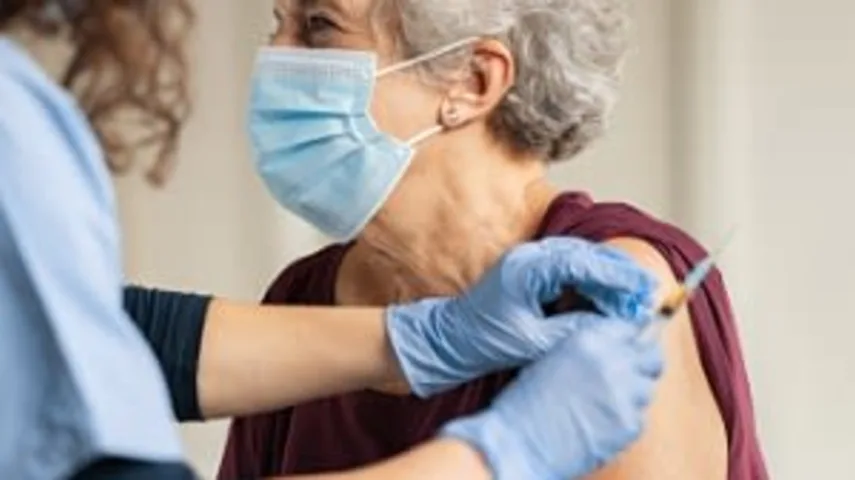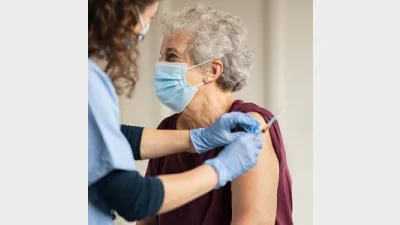Equitable global vaccine access will help super returns



HESTA has pledged to support equitable access to COVID-19 vaccines globally and has committed to investment approaches that will support the push for greater vaccine access.
The industry superannuation fund said uneven vaccination rates posed a risk to global health and economic activity in 2021, leading it to sign an investor statement pushing for urgent G7 and G20 governments to take action.
HESTA chief executive, Debby Blakey, said a successful and equitable global distribution of vaccines would have an impact on the pact of economic recovery, and therefore HESTA members’ investments.
HESTA pointed to a study by the International Chamber of Commerce Research Foundation that found the global economy stood to lose as much as US$9.2 trillion ($11.6 trillion) if the COVID-19 vaccines are not widely available in developing countries.
“Ensuring developing economies have equal access to COVID-19 vaccines, medicines and tests will reduce the impact of COVID-19 worldwide, and help foster a fairer and more sustainable global recovery,” Blakey said.
“We’re keen to work with other global investors to explore ways we can encourage further investment that will help fund vaccine distribution.”
Recommended for you
The winners have been announced for the 2025 Super Fund of the Year Awards, held in Melbourne on 26 November.
Australian Ethical Superannuation has seen additional licence conditions imposed on it by APRA over the fund’s expenditure management.
The fund has strengthened its leadership team with three appointments to drive its next phase of growth and innovation.
ASIC and APRA have warned many trustees have failed to meaningfully improve retirement strategies despite the retirement income covenant being in place for three years.









